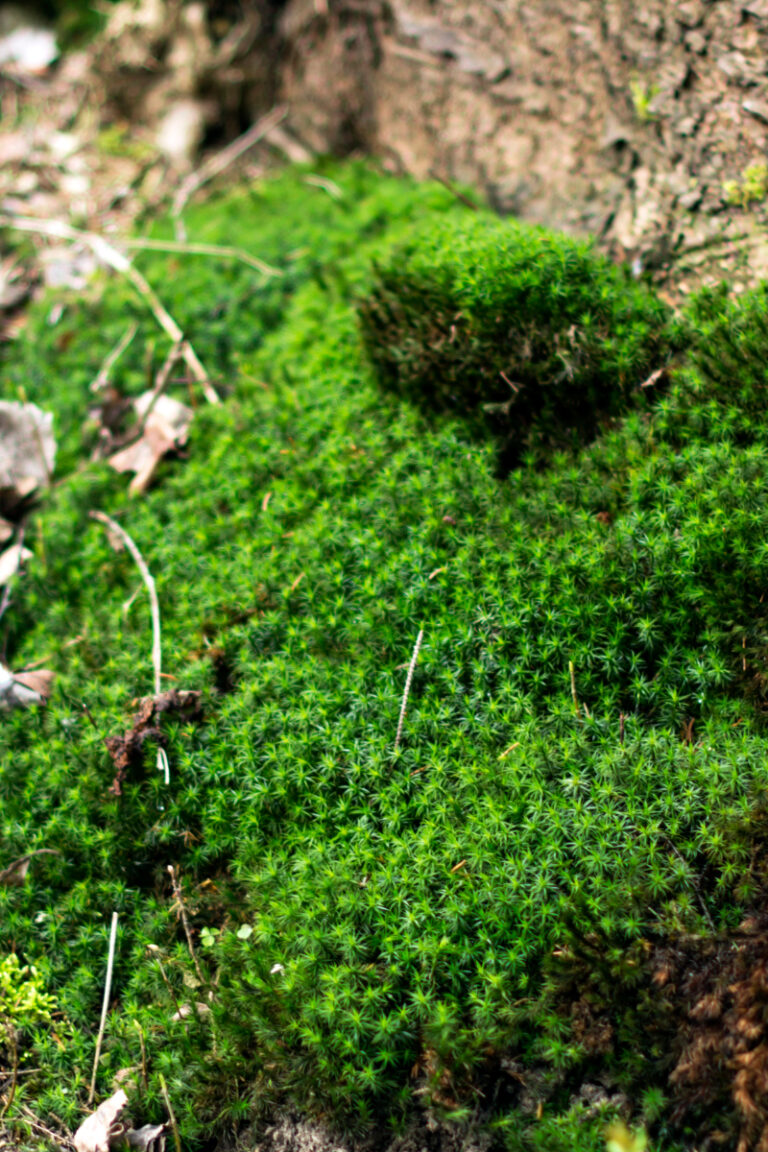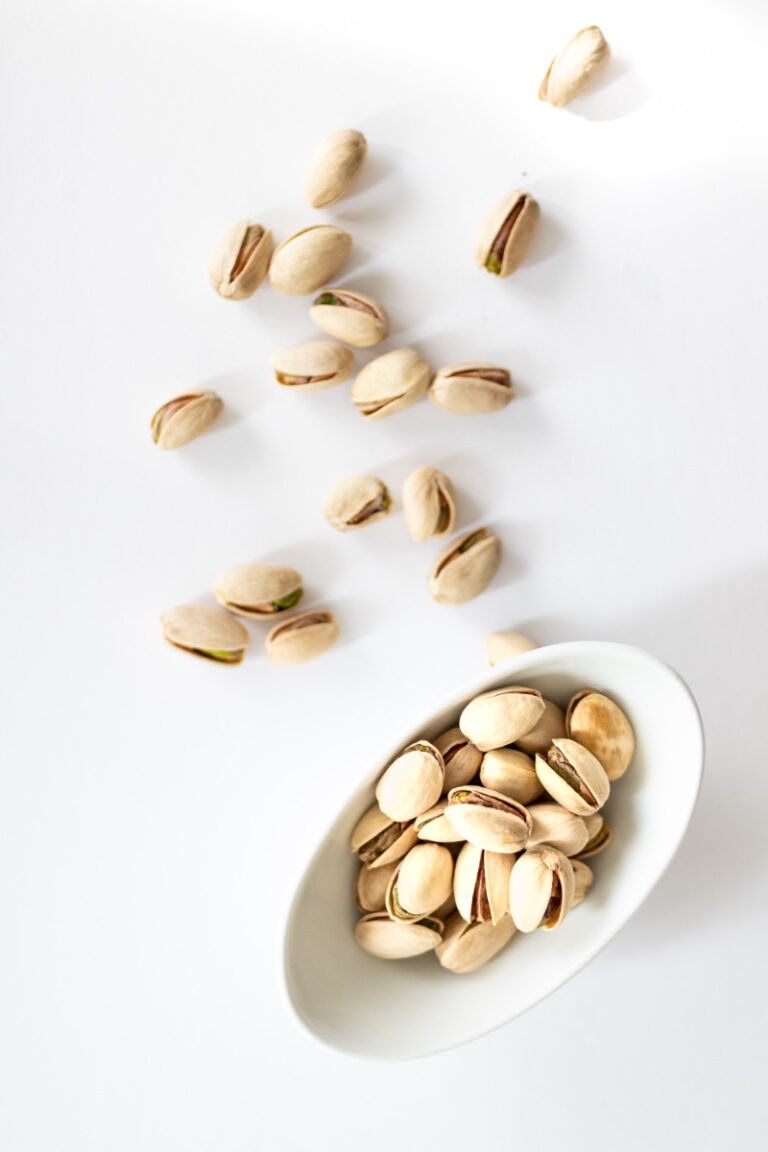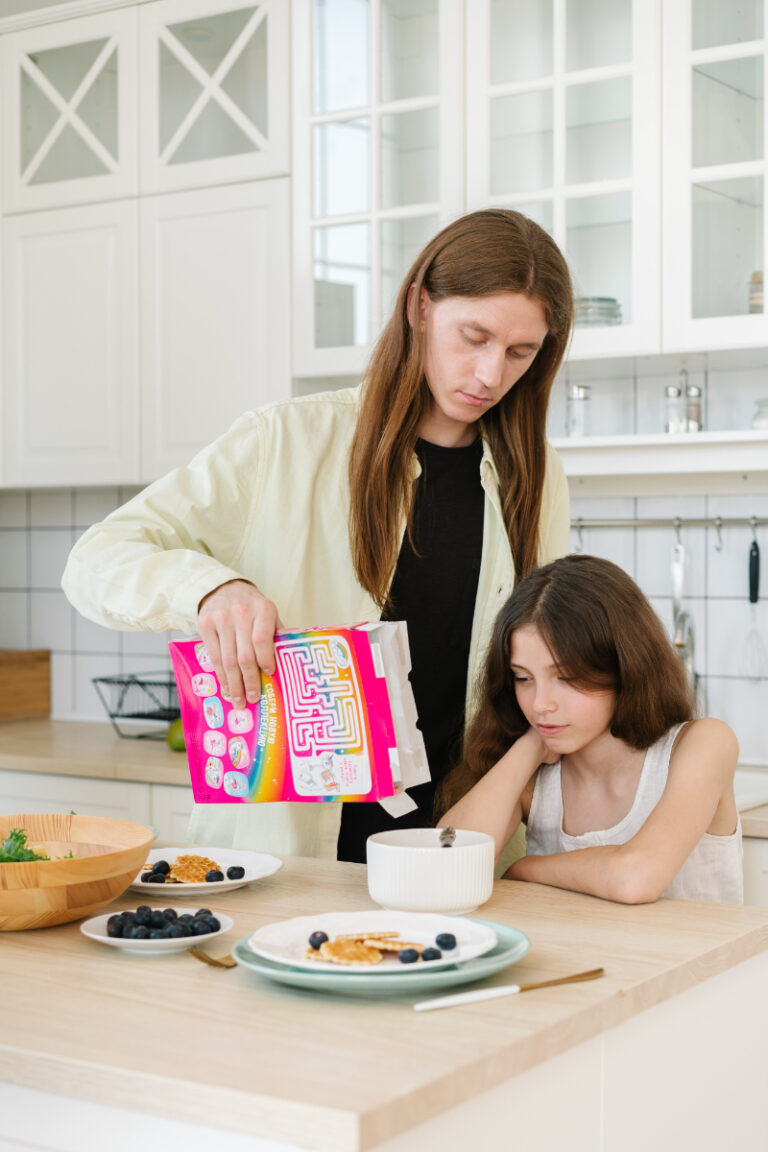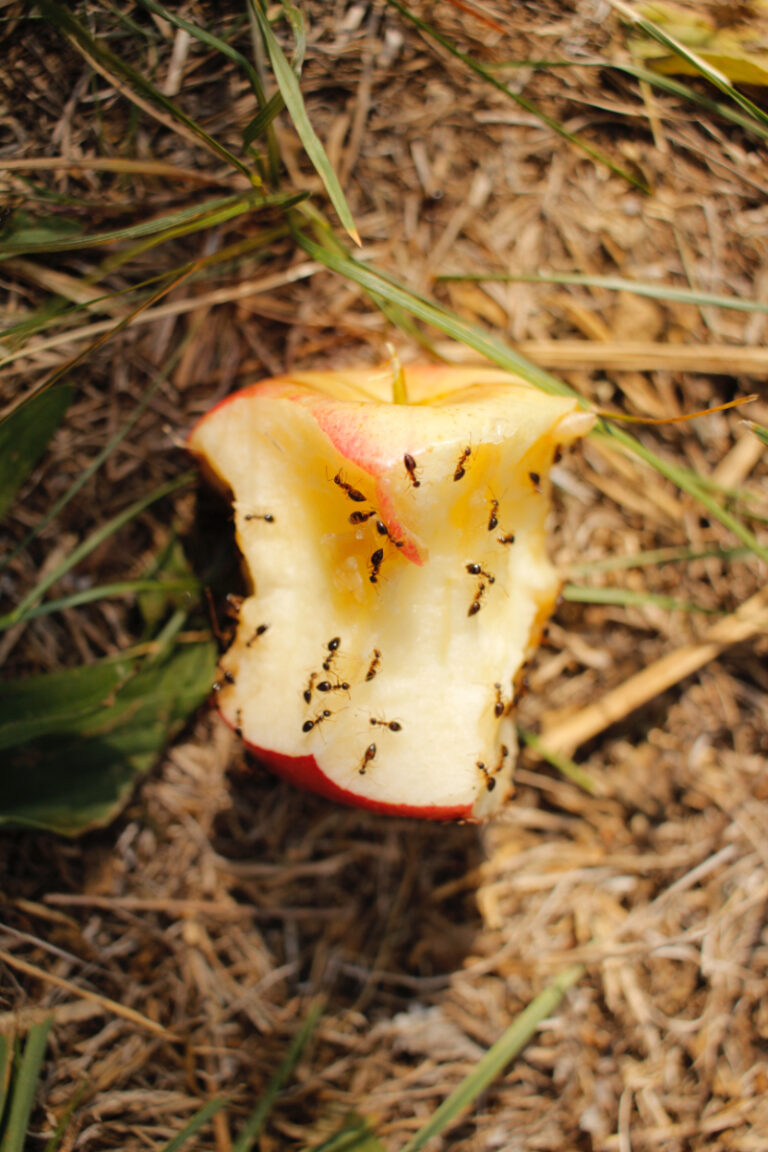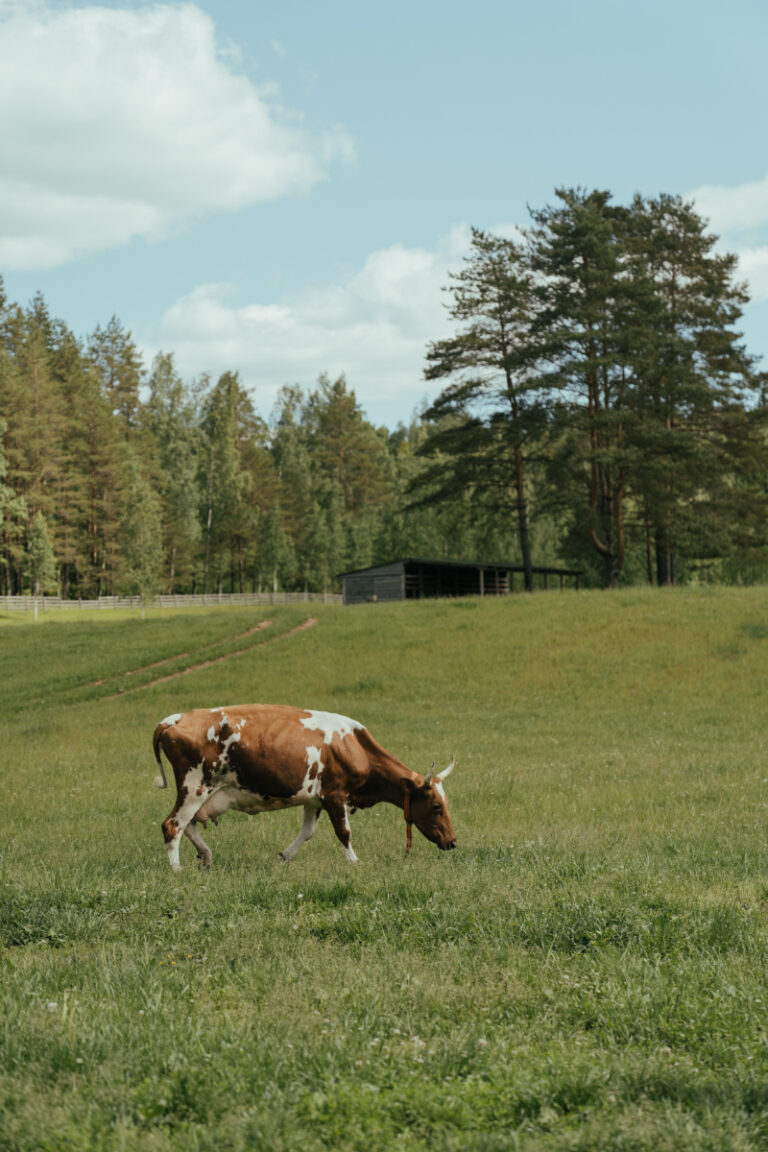Dairy Debate: The Truth About Composting Yogurt & Cheese
Composting is a natural process that transforms your kitchen scraps, food waste, and yard waste into a nutrient-rich soil conditioner. It’s an excellent method to recycle organic material while reducing the amount of waste that ends up in landfills. Not only does composting benefit the environment by reducing waste, but it also enriches your garden soil, providing essential nutrients for plant growth.
The process involves the decomposition of organic matter by microorganisms, resulting in a dark, crumbly substance known as compost, or ‘black gold’. This compost can be mixed into the soil to improve its structure, water-holding capacity, and fertility. It’s a cost-effective and sustainable way to enhance your garden and support the growth of healthy plants.
As you embark on this composting journey, you may find yourself questioning what types of food scraps can be composted. One common question is about dairy products, and specifically, yogurt. Can you compost yogurt?
Can You Compost Yogurt?
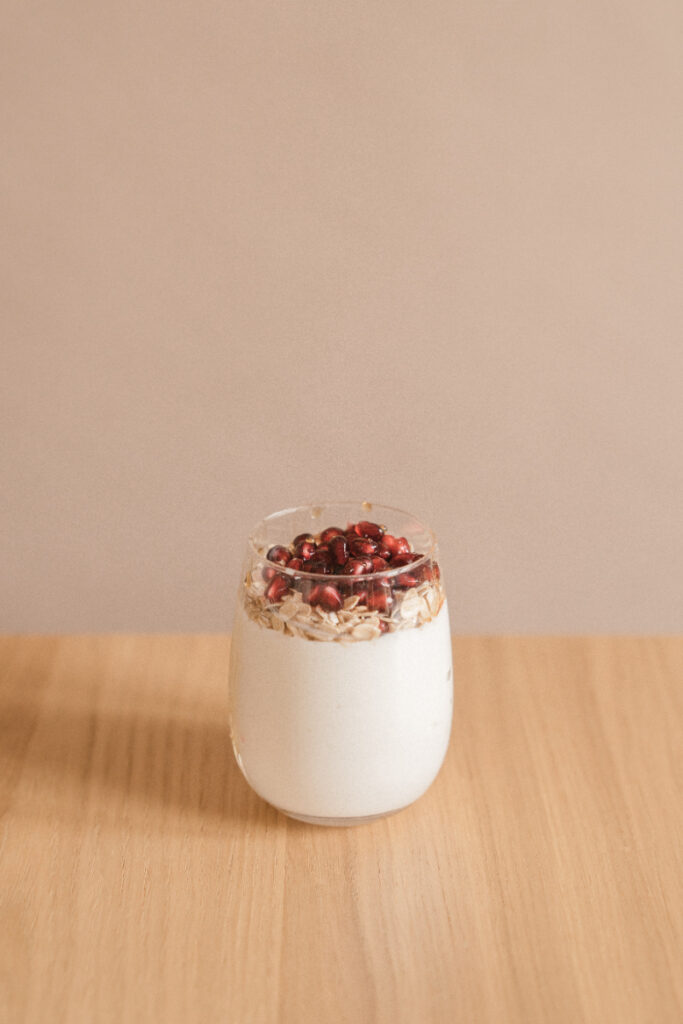
The answer to whether you can compost yogurt is yes, you can. But it’s not as straightforward as composting other organic food waste like fruit and vegetable peels. Yogurt, being a dairy product, requires some special considerations.
Yogurt is rich in proteins, calcium, and beneficial bacteria (probiotics) which can aid in the decomposition process of your compost pile. The probiotics present in yogurt are especially helpful as they speed up the breakdown of other organic materials in the compost heap. Additionally, yogurt adds moisture to your compost pile, which is essential for the decomposition process.
However, it’s important to note that composting yogurt should be done in moderation. Adding too much yogurt at once could create an imbalance in the compost pile, making it too wet and potentially leading to unpleasant odors.
To prevent this, always ensure that you balance your ‘greens’ (wet, nitrogen-rich materials such as fresh grass clippings or yogurt) with plenty of ‘browns’, or brown materials, (dry, carbon-rich materials such as leaves, coffee grounds, straw, or newspaper).
While yogurt can be composted, it’s also essential to be aware that it can attract pests due to its strong smell and high protein content. Therefore, if you decide to compost yogurt, it’s recommended to do so in a closed compost bin or tumbler, rather than an open pile. This will help to contain the smell and deter pests.
In addition, you should avoid composting flavored yogurts or those containing high amounts of sugar or artificial additives. These ingredients can disrupt the composting process and may also attract unwanted pests. Stick to plain, natural yogurt for the best results.
To summarize, yes, you can compost yogurt. However, it should be done thoughtfully and in moderation to avoid potential pitfalls. In the next section, we’ll delve into why you might hesitate to compost yogurt and how to overcome these concerns.
Why Might You Hesitate to Compost Yogurt?
Composting yogurt might seem like a daunting task due to several valid concerns. Let’s discuss these potential issues and how you can address them while still producing high-quality finished compost.
1. Odor Issues
Yogurt, like other dairy and animal products, can produce a foul smell when it starts decomposing. This smell can be off-putting and may discourage you from composting yogurt. However, this issue can be managed by balancing the amount of yogurt with plenty of ‘browns’ or carbon-rich materials. These ‘browns’ will help absorb the excess moisture and reduce the potential for odor.
2. Attracting Pests
Yogurt can attract pests such as rats, raccoons, and insects due to its high protein content and strong smell. To avoid this problem, compost yogurt in a secure compost bin or tumbler that pests cannot easily access. Also, consider burying the yogurt deep within your compost pile to further deter pests.
3. Imbalance in the Compost Pile
Adding too much yogurt at once can upset the balance of your compost pile, making it too wet and potentially hindering the decomposition process. Always add yogurt in moderation and pair it with ample amounts of brown natural materials to maintain a healthy compost pile.
4. Presence of Additives
Flavored or sweetened yogurts often contain artificial additives and sugars, which can disrupt the composting process and attract unwanted pests. Stick to composting plain, natural yogurt and avoid those with added sugars or flavors.
The Science Behind Composting Yogurt
Understanding the science behind composting yogurt can help you appreciate its benefits and manage its challenges more effectively. So, let’s explore what happens when you add yogurt to your compost pile.
Yogurt is a dairy product made by fermenting milk with beneficial bacteria, commonly known as probiotics. These probiotics are excellent for your compost pile because they help speed up the decomposition process of organic materials. They do this by breaking down complex organic compounds into simpler forms that plants can more easily absorb.
When you add yogurt to your compost pile, these probiotics get to work on the other materials in the pile, aiding in their decomposition. The proteins and calcium in yogurt also contribute valuable nutrients that enrich the resulting compost, making it a more effective soil amendment for your garden.
However, yogurt is a ‘green’ or nitrogen-rich material, and like all ‘greens’, it needs to be balanced with ‘browns’ or carbon-rich materials. If there’s too much yogurt (or any ‘green’), the compost pile can become too wet, leading to slow decomposition and unpleasant odor production. This is because the excess moisture creates an anaerobic environment that slows down the activity of the beneficial microbes and encourages the growth of odor-producing bacteria.
To maintain a good quality compost pile, aim for a balance of about 2:1 ‘browns’ to ‘greens’. This means for every bucket of yogurt (or other ‘greens’) you add, you should add two buckets of ‘browns’. ‘Browns’ could include materials like leaves, straw, shredded paper, or wood chips.
Lastly, remember that flavored or sweetened yogurts can disrupt the composting process due to their artificial additives and high sugar content. These can inhibit the activity of the beneficial microbes and attract unwanted pests. Stick to composting plain, natural yogurt for the best results.
Tips for Composting Yogurt Successfully
Now that you know the science behind composting yogurt, let’s explore some best practices to help you compost yogurt successfully.
1. Balance Your Compost Pile
Remember that yogurt is a ‘green’ or nitrogen-rich material. Always balance it with plenty of ‘browns’ or carbon-rich materials such as dried leaves, straw, wood shavings, or shredded newspaper. A good rule of thumb for most composting methods is to maintain a ratio of about 2:1 ‘browns’ to ‘greens’.
2. Use a Closed Compost Bin or Tumbler
To prevent attracting pests and contain any potential odors, use a secure compost bin or tumbler rather than an open compost pile. This will keep pests out and make it easier to manage your compost.
3. Bury the Yogurt Deep in the Pile
When adding yogurt to your compost pile, bury it deep within the center of the compost pile. This will help contain any smells and deter pests and unwanted visitors.
4. Add Yogurt in Moderation
Don’t dump large amounts of yogurt into your compost pile all at once. Add it gradually and in moderation to avoid making the composting bin too wet and causing an imbalance.
5. Avoid Flavored or Sweetened Yogurts
Stick to composting plain, natural yogurt. Flavored or sweetened yogurts often contain artificial additives and sugars, which can disrupt the composting process and attract pests.
6. Regularly Turn Your Compost Pile
Turning your compost pile regularly helps to aerate it, speeding up the decomposition process and preventing unpleasant odors. Try to turn your compost pile once a week, mixing up the dry materials with the wet green material, for the best results. I find the best way is to use a pitchfork to help rotate the composting materials.
Common Mistakes You Might Make When Composting Yogurt
Even with the best intentions, it’s easy to make mistakes when composting yogurt. Here are some common errors and how you can avoid them:
1. Overloading Your Compost Pile with Yogurt
While yogurt is beneficial to your compost pile, adding too much at once can create an imbalance. It can make the compost pile too wet and lead to slow decomposition and unpleasant odors from the composting material. Remember, moderation is key. Add yogurt gradually and always balance it with plenty of ‘browns’.
2. Not Using a Secure Compost Bin or Tumbler
Yogurt can attract pests due to its high protein content and strong smell. To avoid this, compost yogurt in a secure compost bin or tumbler that local wildlife cannot easily access. An open compost pile is not ideal for composting yogurt.
3. Composting Sweetened or Flavored Yogurts
Yogurts with added sugars or artificial flavors can disrupt the composting process and attract unwanted pests. They can also inhibit the activity of the beneficial microbes in your compost pile. Always stick to composting plain, natural yogurt.
4. Neglecting to Turn Your Compost Pile Regularly
Turning your compost pile regularly helps to aerate it, speeding up the decomposition process and preventing odors. If you neglect this, your compost pile may become anaerobic (lacking oxygen), slowing down the decomposition process and leading to foul smells.
5. Failing to Bury the Yogurt Deep in the Pile
Burying the yogurt, or other dairy waste, deep within your home compost pile helps contain the smell and deter pests. If you simply toss the yogurt on top of the pile, it’s more likely to attract pests and produce odors.
Other Dairy Products You Can Compost
Beyond yogurt, there are other dairy products that you can compost. However, like yogurt, these should be composted with caution due to their potential to attract pests and produce odors. Here’s a look at some of them:
1. Cheese, Cottage Cheese, Cream Cheese
Cheese is rich in protein and calcium, making it a valuable addition to your compost pile. However, cheese can also attract pests and produce strong odors as it decomposes. If you decide to compost cheese, do so in small quantities and bury it deep within your compost pile. As with yogurt, avoid composting cheese with added flavors or artificial ingredients.
2. Milk
Milk can be composted, but it should be done sparingly due to its high moisture content. Too much milk can make your compost pile too wet, slowing down the decomposition process and potentially leading to odors. Balance milk with plenty of ‘browns’ to maintain a healthy compost pile.
3. Butter
Butter is another dairy product that can be composted. However, due to its high fat content, it decomposes slowly and can create a greasy layer in your compost pile that inhibits aeration. If you choose to compost butter, do so in very small amounts and mix it thoroughly with other materials in your compost pile.
4. Sour Cream
Sour cream, like yogurt, contains beneficial bacteria that can aid in the decomposition process. However, it also has a high moisture content and can attract pests. Compost sour cream in moderation and always balance it with ‘browns’.
Conclusion
Composting yogurt and other dairy products can be a great way to recycle your kitchen waste and enrich your compost pile. These items are rich in proteins, calcium, and beneficial bacteria, all of which contribute to the nutrient content of your compost and aid in the decomposition process.
However, composting these items comes with its challenges. The high moisture content of dairy products can make your compost pile too wet if not balanced with plenty of ‘browns’. Dairy products can also produce strong odors as they decompose and attract pests due to their high protein content.
Despite these challenges, with careful management, you can successfully compost yogurt and other dairy products. The key is to compost these items in moderation, balance them with plenty of ‘browns’, use a secure compost bin or tumbler, and turn your compost pile regularly.
Avoid composting dairy products with added sugars or artificial flavors as these can disrupt the composting process and attract pests.


